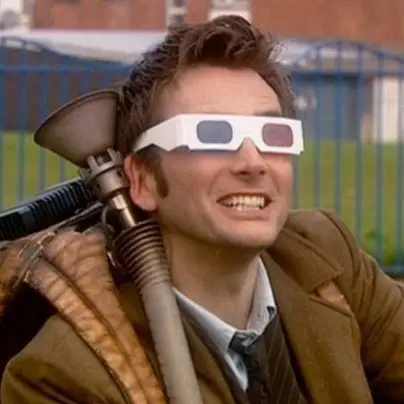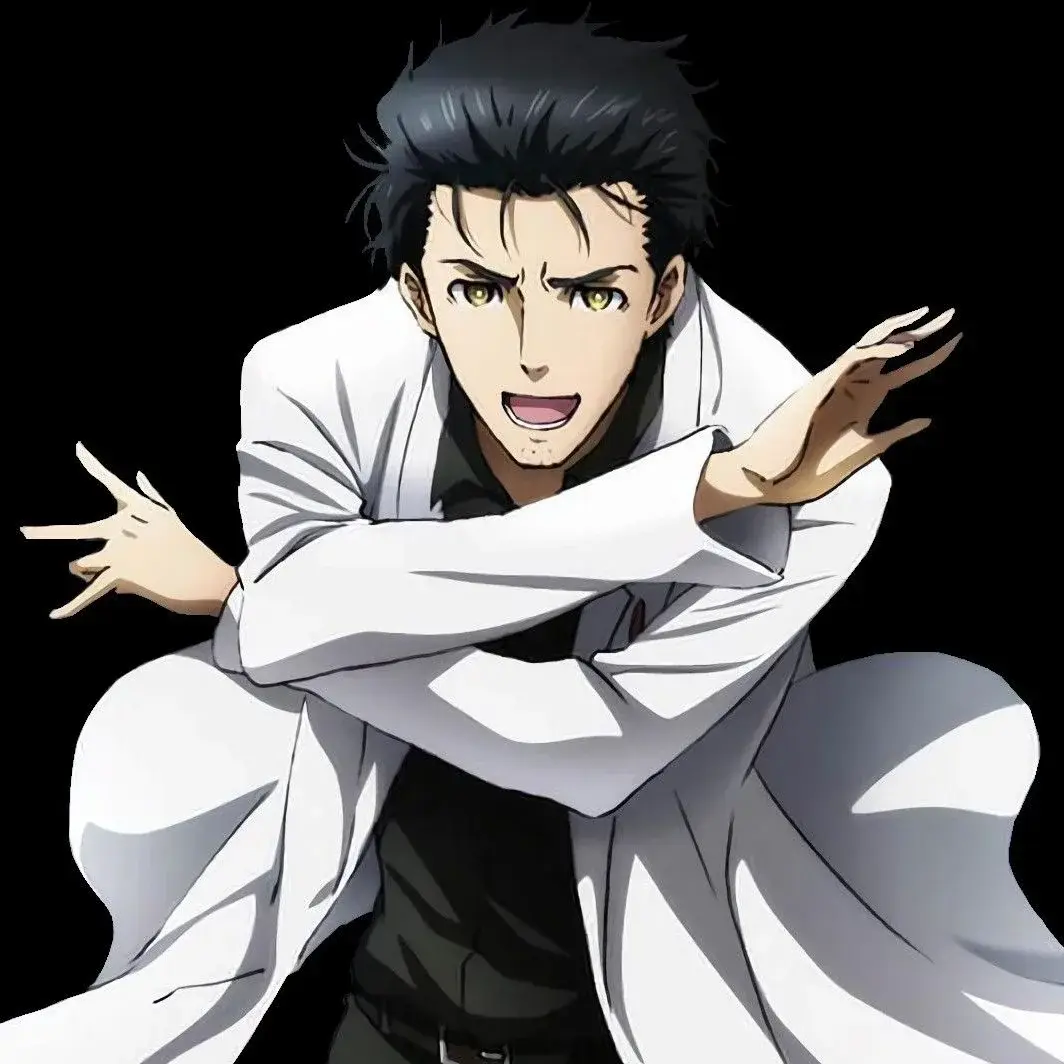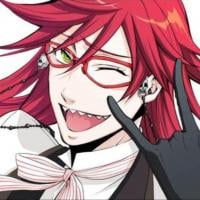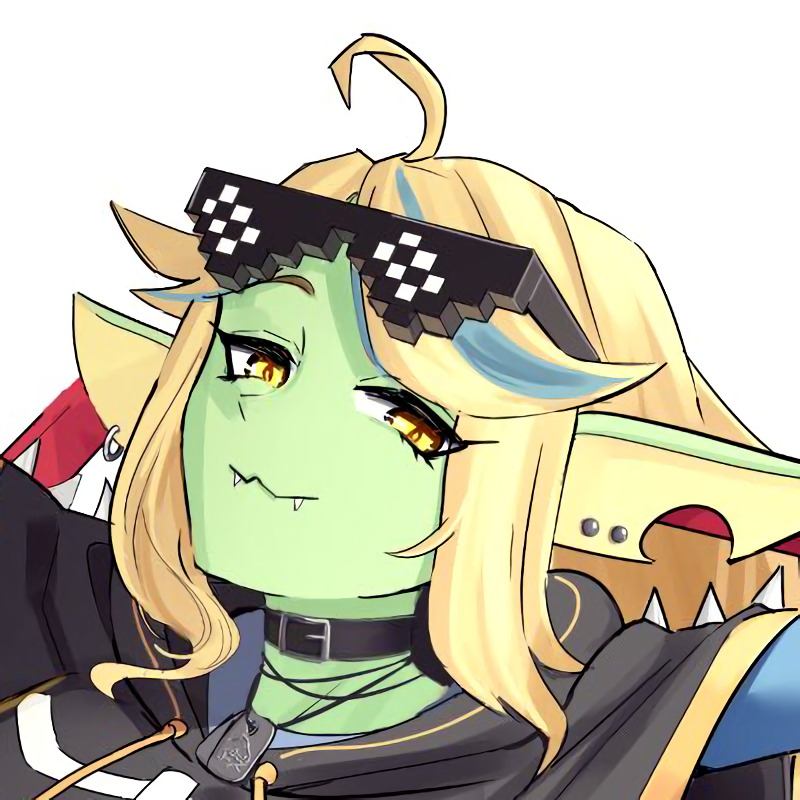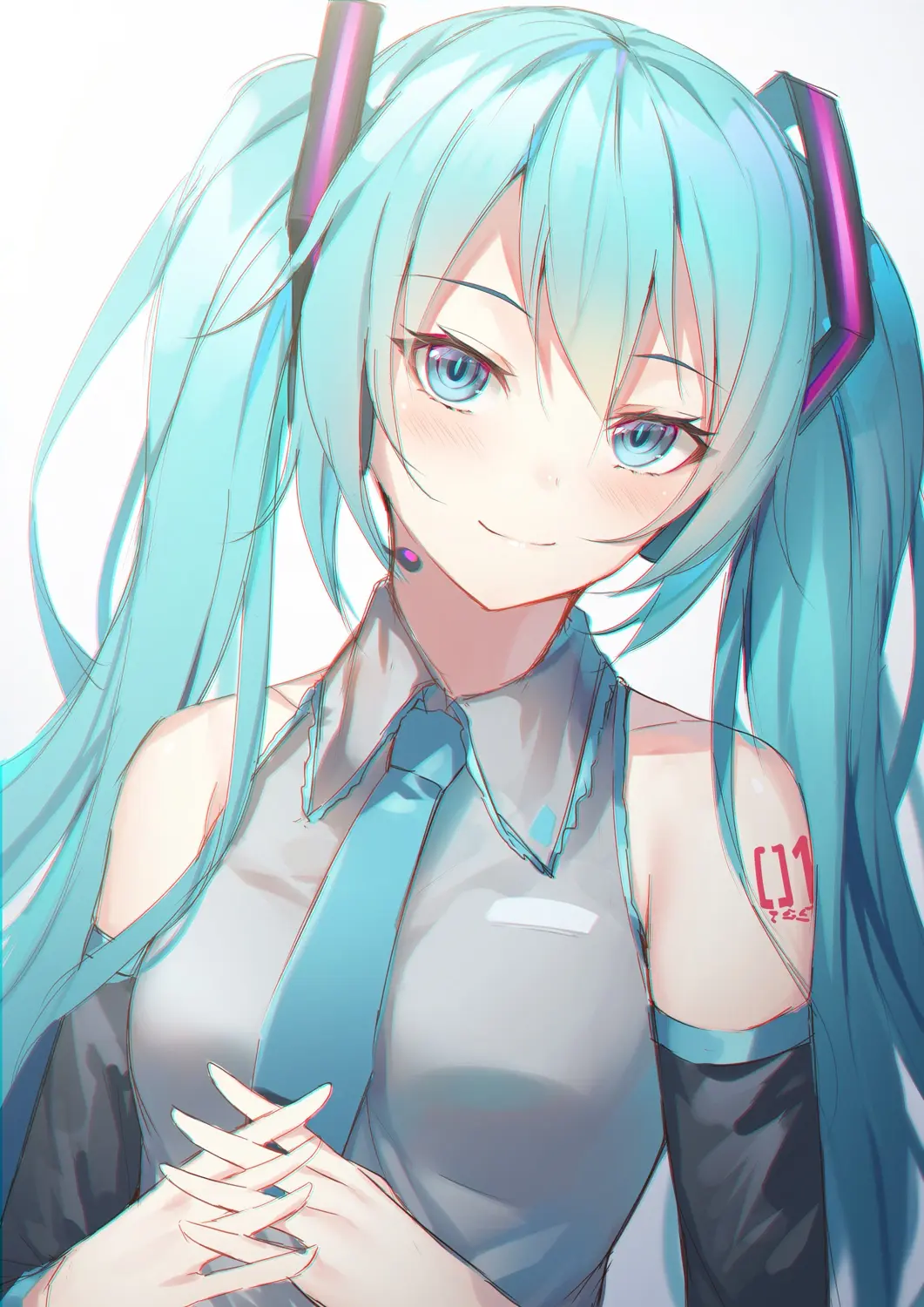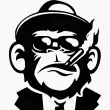- cross-posted to:
- [email protected]
- cross-posted to:
- [email protected]
Why is it that human characters that have threatened killing, or have killed in the past—Ubel, for example, happily tests out her destructive spells on people—are given complexity and understanding, while demons have not? Did we not also evolve from beasts?
The author seems very eager to leave the context of the fantasy world and draw comparisons to the real world, as if all fantasy has to be social commentary at the same time. The demons in this world are effectively aliens, tailormade in every possible way to be enemies of the other intelligent races. Why do they need complexity or present a nuanced moral dilemma? We’ve had that same exact setup just as many times as the “plainly evil enemy”. It’s a weird claim to me, that Frieren would be improved in any way by turning the demons into yet another plot twist about how all of this was really just the fault of humans or a grand conspiracy or whatever. The point about this being used to make a convenient punching bag in game-like settings to level up the heroes, doesn’t apply to Frieren either. Almost every confrontation against demons starts out humanizing them in some way, only to show how that is a misinterpretation of their outward appearance and empty words. It really hammers home the point that humans are incredibly susceptible to empathizing with anything that looks like one, which is exactly what makes them so dangerous and skilled at exterminating them.
Despite inviting us to empathize with strange and threatening mages—and inviting us into the headspace of an ancient elf who experiences life fundamentally differently from us mortal humans—the story doesn’t extend the same grace to demons.
The audience is constantly invited to empathize with demons, even if it doesn’t yield the expected result of a troubled, complex, but ultimately human character that the author is looking for. In my opinion.
Frieren: Beyond Journey’s End plays with the always evil race trope but doesn’t fully escape it.
Frieren plays with the “bad guy actually turns out to be relatable, maybe we can all just get along :)” trope very successfully.
I’ll admit it was incredibly jarring (for me) to experience Frieren outright say demons are 100% evil, cannot be trusted, and must be exterminated with prejudice. But what you say really is what makes it interesting. We’re so used to media humanizing villains in fiction that we just expect it at this point.
Flipping the trope and trend makes it novel again.
I would just equate demons to Nazis
Great comment. Explains the problem with the article quite well.
"Why aren’t my Fictional child murdering, magic nazi monsters depicted as cutie-patooties?
Seems kinda racist, bro."
deleted by creator
Why aren’t my Fictional child murdering, magic nazi monsters depicted as cutie-patooties?
This isn’t what the article is saying at all. Just that they lack complexity, and it was a missed opportunity to make them more interesting.
But they are quite complex. The article seems to be saying that they’re just evil for the sake of evil, but they’re not. Do they need to be more human in order to have complexity?
It’s a bold claim that they would become more interesting by making them more human.
It would instead make the story more bland imo if everyone were a nice guy with feelings.
Rather I like the way the show depicts these demons as forces of nature that don’t care for silly human emotions. Even someone like Himmel let his guard down against them because he too is human and makes mistakes.
If they want a series where everyone is really just a good guy watch Ranking of Kings
deleted by creator
I think a lot of people are being overly harsh on this article, which I think is a completely fair and competently written piece of criticism.
The central thesis of the criticism is that demons are portrayed with less moral complexity than could have been present so that it can be used as a plot device to better highlight the changing and more relatable main character. I don’t disagree with this, but I also don’t disagree with many of the comments in this thread about how this serves the story very well and that creating moral complexity in this case is unnecessary. Both of these can be true at the same time.
Creative works always exist within the context of their creation. Without the fantasy works that came before it, Frieren would have to do tons of dry world building to establish the setting because the readers wouldn’t have any preconceived idea of what an elf, dwarf, demon, etc. is. In Frieren’s case, there is the added context of the Japanese media landscape in which poorly done plotlines sharing similar veneers of morally gray demons are all too common. This makes Frieren, an excellent story which smartly uses a straight evil portrayal of demons to feel like a subversion (Himmel being unambiguously good is a similar situation). However, just because Frieren is subverting badly written versions of morally gray demons, doesn’t change the fact that the demons in Frieren lack the moral complexity in the way the author is discussing.
In any case, this was an interesting read and helped me stay awake on the train this morning. Thanks for sharing!
doesn’t change the fact that the demons in Frieren lack the moral complexity in the way the author is discussing.
Sure, but the author frames it as a negative thing, when it isn’t. Giving the demons more humanlike morals won’t improve the story imo. The fact that the demons look and act so human, but aren’t is what makes for interesting subplots. Like what happened in the Graf Granat’s domain or the story of that demon child. This is explored more later on in the manga too. Just because the demons don’t have humanlike complexity, doesn’t mean they aren’t complex.
It’s funny, I enjoyed the demons in Frieren because they weren’t just humans of a different skin color but felt truly alien. They are not evil, they don’t enjoy killing, they just do. I think there is going to be something to understand about them that we are not going to get until we get the flashback to the Demon King, which I assume will be at the end of the series.
I do like that Frieren thoroughly justified violence against demons, and then thoroughly demonstrated violence against demons.
Meh, I personally think Frieren’s take on demons is quite unique and not troublesome at all. They’re not simply evil because they’re evil or simply a race that isn’t inherently evil, but misunderstood (something that you see way more nowadays).
Imagine that the trope subverting them, that the demons are actually the good guys, being so commonplace that them being evil actually makes a turn to it being subversive again.
Nah they are evil because they literally eat humans. There is nothing to misunderstand and nothing to interpret wrongly.
They aren’t evil for the sake of being evil, yes but they are evil.
And no, not really. Everyone hates the Demons.
Nah they are evil because they literally eat humans.
Is a cat evil because it eats mice? Demons don’t kill humans out of malice. That’s the entire thing (and something they explore later on in the manga too).
And no, not really. Everyone hates the Demons
I meant that in other anime. There are so many anime where demons are not necessarily an evil race and instead are just misunderstood.
Cats are evil because they kill for fun, just like the Demons in the story. One of the Demons literally made an army of headless soldiers just because they can. They aren’t just killing for food, and even if they where doing that, nothing prohibits them from eating something else. They eat humanoids out of a superiority complex and kill for fun. Thats the literal point.
I meant that in other anime. There are so many anime where demons are not necessarily an evil race and instead are just misunderstood.
Wasn’t clear, but ok. If its about other stories then yeah. You are right.
Cats are evil because they kill for fun
It’s their nature. I don’t think projecting human morals on different creatures works. Not for cats, not for demons. To be clear, that doesn’t mean I think they’re ‘good guys’. They just are.
Wasn’t clear, but ok
Yeah fair, I can see how it’s not clear. My bad
Actually its not their nature. Most wild cats don’t kill for fun, nither do wolfs. We humans literally teached them to do that. Wild dogs and house cats do kill for fun and its not “their nature”
Humans kill each other for fun and we call it evil, its our nature to do that!
This argument makes little to no sense. The Frieren Demons are best compared to Nazis that killed out of a superiority complex. Nazis are evil, so are the Demons.
The turtle wanted to cross the river. Scorpion bro came up to it and said like hey bro give me a lift. Tortoise was like sure dude. In the middle of the river the scorpion stung the terrapin and he be like what’s the matter dude why did you do that for? Scorpion be like, no cap bro, it’s in my nature.
That site is a plague upon this community
Every time i read “feminist” i always know that it very much has nothing to do with feminism and is just pushing a intersectional world view onto everyone.
I don’t know that my complaints are as generalised as that, but…I’ve read some stuff from this site before, and it’s pure drivel.
Absolutely.
Demons in Frieren aren’t even Chaotic Evil, they’re just straight up True Evil. And why the author has a problem with it is completely subjective. From a narrative perspective, demons being True Evil is nothing new. In fact, the way Frieren depicts demons seems to be pretty close to how original demons have been depicted in literature. They don’t have feelings of their own, they only act upon impulse and they can’t truly emote, only shadow or mimic the emotions of actually emotional beings. All this with the goal of consuming someone or something.
There’s no trouble with the “inherently evil race” trope in this sense. Now, if Frieren were to make all the demons a specific color or make them talk in a specific way, then we start to teeter onto some troubling parallelism.
The ‘this race is inherently evil’ in fiction is always a device to enable the heroes to be able to take lives while still being moral. It’s a little lazy.
I could go some extra length to say everything wrong with this text, and a bit more, but I’ll TL;DR. The text fails to take into account that
- different audiences forge different associations with the tropes contained within a work;
- people from “random” countries (such as the author, or me) are not the target audience of those Japanese works.
- there are a thousand themes to explore within fantasy. Social commentary is only one of them, and by no means obligatory.
- every theme that you insert into a work dilutes the value of the other themes within it.
Once you do take those things into account, most of the text crumbles.
Somewhat long, but a good read.
While i haven’t watched this show (yet), i can say this is an inherently stupid argument. If we met a different species tomorrow it wouldn’t have anything approaching our morals, it’d have it’s own based on it’s biological impulses and it’s history. It isn’t problematic to show that in fiction.
Would i be interested in the story about oshrjad bonebreaker, the orc that learned empathy? Sure, but not every story is about that. A simple antagonistic race, a concept that is not problematic or even odd, could add to many stories where they aren’t the explicit focus.
There’s a lot of reasons that’s not quite right. They might have different morals in a way, but fundamentally any society we come across would have to be based upon cooperation.
Why? It’s too difficult to do it all by yourself.





